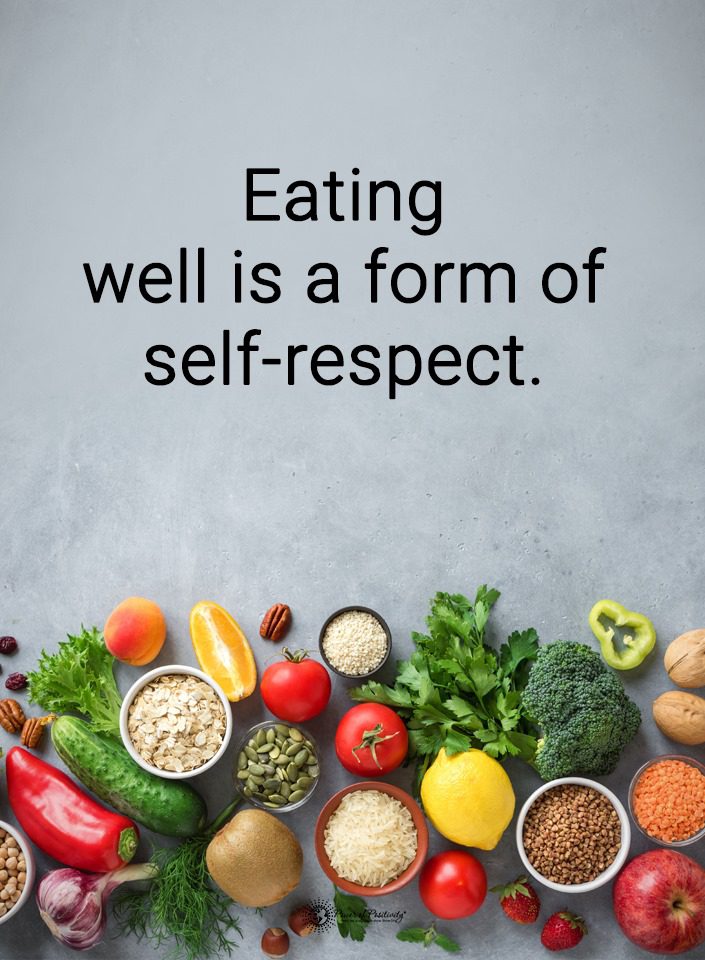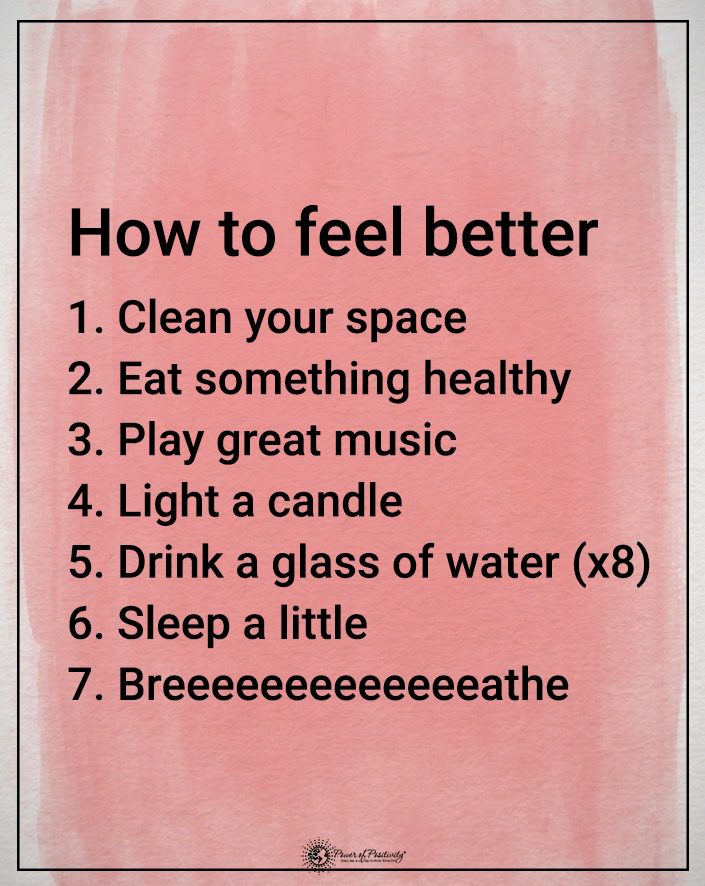Can you imagine a constant, tired feeling that doesn’t seem to go away? A 24/7 condition that causes you to feel drained – and nothing you do seems to help?
That’s what someone diagnosed with chronic fatigue syndrome (CFS) experiences on a daily basis. Unlike most medical conditions, no Food and Drug Administration (FDA)-approved medicine is available. However, this doesn’t mean there aren’t other options.
In this article, we’ll discuss some common signs of CFS and what is being done about it.
First, let’s discuss seven of the most common symptoms of CFS:
“People with (encephalomyelitis) or (Chronic fatigue syndrome) experience a range of symptoms that makes it hard to do the daily tasks that most of us do without thinking – like dressing or bathing.” – WomensHealth.com
1. Long-term fatigue
To meet the diagnostic requirements of CFS, a person must experience “long-term” fatigue, defined as a period of 6 months to a year. Beyond this time, the probability of a CFS diagnoses increases. Your doctor will evaluate your past medical history (if available) and identify any other potential explanation.
Individuals that have had a previous infection, no matter the duration or how long ago, may continue to feel tired or exhausted long after recovery; this is just one possibility a doctor must consider.
2. Cognitive problems
It’s no surprise that someone who experiences prolonged periods of fatigue has problems thinking. This sign can be frustrating – and potentially debilitating – for people with a high-stress job.
One common problem individuals with CFS experience is an impaired short-term memory. Short-term memory is defined as “A system for temporarily storing and managing information required to carry out complex cognitive tasks such as learning, reason, and comprehension.” No known correlation exists between CFS and long-term memory, however.
CFS may also affect verbal acuity, or the ability to “find and say” a particular word during normal speech.
3. Depression
CFS itself does not cause depressive symptoms. Rather, depression may manifest from various personal and work-related difficulties. It is possible for a person to have both conditions at the same time, according to scientific research.
Further, depression can exacerbate the symptoms of CFS and vice-versa. Unfortunately, doctors may interpret the symptoms of CFS as clinical depression. As such, it is important to clearly state any prolonged feelings of anxiety, hopelessness, or sadness – and will aid the practitioner in making the correct diagnosis.
4. “Post-exertional” fatigue
Post-exertional fatigue is perhaps one of the more obvious initial signs of CFS. Let’s use a hypothetical example:
Joe is a well-educated, driven, and successful businessman. He’s maintained his drive and passion for what he does for over 15 years when, all of a sudden, he experiences an onset of extreme tiredness. Even his daily lunchtime workout fails to provide any boost; instead, his fatigue worsens. Worst of all, his job duties – something he used to enjoy – depletes his energy.
Routine activities that were once normal (even enjoyable) now contribute to feelings of tiredness.
5. Fatigue after sleep
Generally, a short nap or good night’s rest will feel rejuvenating. Not so for some people with CFS. Many folks with CFS will, understandably, attempt to counteract their underlying symptoms by getting more sleep – only to find out that it doesn’t help.
Forgive the informality, but how much would this suck?
Fatigue following sleep is another strong indication of CFS – and another good reason why someone should schedule a doctor’s appointment.
6. Digestive problems
This one is a bit harder to explain.
The most plausible explanation is that CFS affects cognitive faculties (neurons, synapses, neurotransmitters); functions inextricably linked to the digestive system. The digestive system contains the most neurons – and receives more brain communications – than any other part of the body.
A CFS/digestive pattern is noted in a widely-publicized study: “Patients with CFS manifest symptoms suggestive of disturbed gut function, such as abdominal pain, diarrhea and/or constipation,” according to an article published in the Archives of Internal Medicine.
7. Other unexplainable symptoms
As the symptoms of CFS are broad in scope, it may be helpful to note some other common symptoms of the condition.
According to WebMD, CFS has eight “official signs and symptoms” aside from fatigue (you may notice some overlap to previously mentioned symptoms):
“- Loss of memory or concentration
– Sore throat
– Enlarged lymph nodes in your neck or armpits
– Unexplained muscle pain
– Pain that moves from one joint to another without swelling or redness
– Headache of a new type, pattern, or severity
– Unrefreshing sleep
– Extreme exhaustion lasting more than 24 hours after physical or mental exercise”
“Reversing” CFS
CFS is a complex condition that often requires a specialized treatment regimen. Here are some lifestyle changes and medical therapies that may help, per the National Health Service (NHS) of the United Kingdom:
– Abstain from alcohol, caffeine, and sugar
– Avoid any known “sensitive” beverages or foods
– Eat small, regular meals
– Get enough relaxation time
– Do not nap excessively
Here are some medical recommendations:
– Cognitive behavioral therapy
– A monitored exercise program
– Activity management
– Medication
(When we discuss the signs or symptoms of CFS, please understand that is not a comprehensive list. There are about 16 recognized symptoms of this condition. Also note: CFS, as with most other medical conditions, requires the attention of a licensed physician. A licensed practitioner far more likely to ascertain the correct diagnosis and recommend potential treatment options.)








